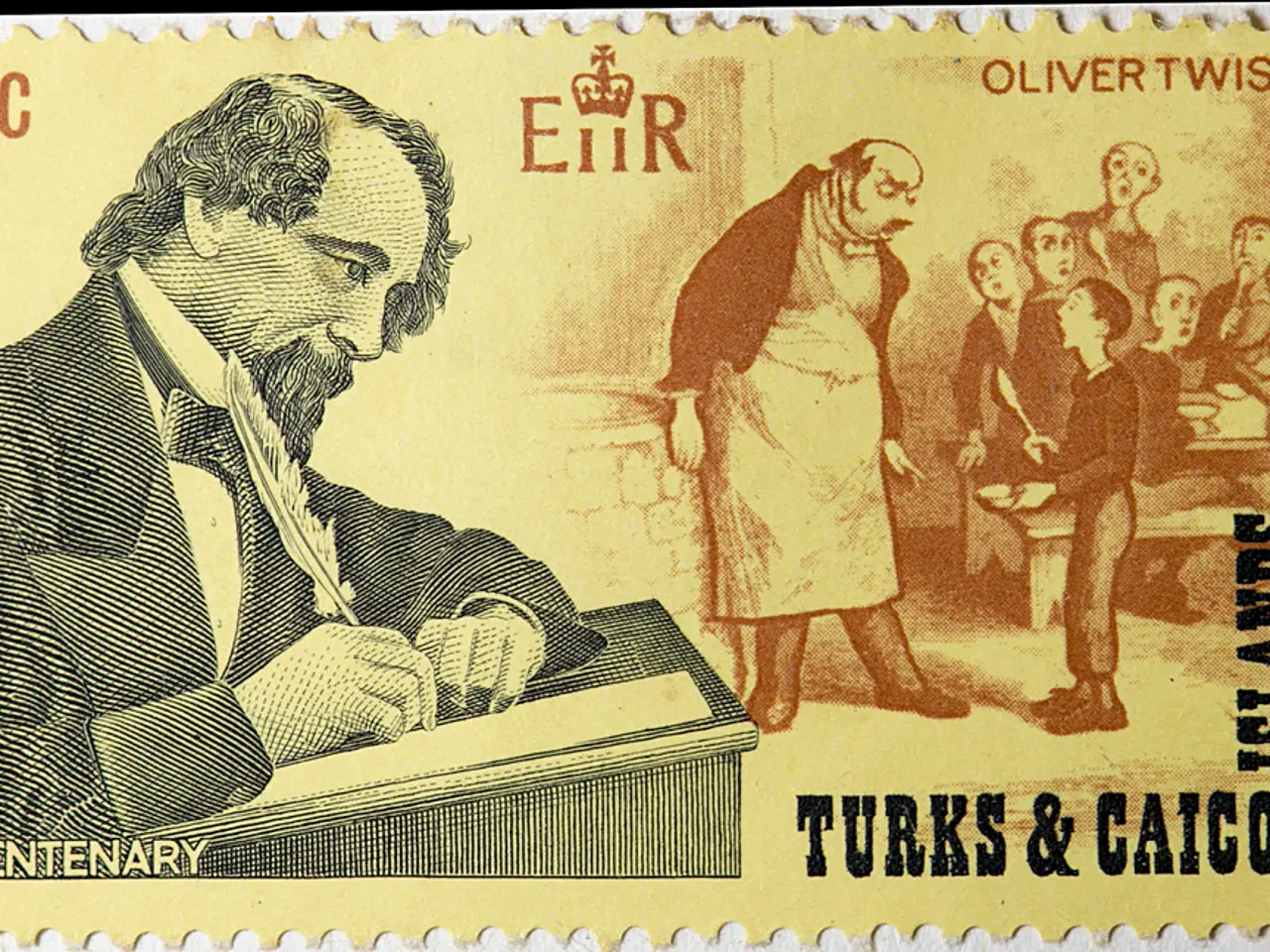Industrial Clean-Up Across Europe Requires a Robust Social Foundation
The European Union's Clean Industrial Deal is set to be published next week, and IndustriAll Europe has taken part in a social partner consultation with the European Commission's Executive Vice-Presidents. During the meeting, IndustriAll reiterated the demand for an ambitious European industrial plan focused on social conditions tied to public funding, strengthened social dialogue, comprehensive training measures, and a robust legal framework for a Just Transition.
Recent data indicates that approximately 90,000 job cuts have been announced in the automotive sector alone since June, with layoffs mounting across multiple industries, including wind turbine manufacturing and battery production. Eurostat data suggests that 4.3 million jobs are at risk unless decisive action is taken. Thousands of industrial workers gathered in Brussels on 5 February to urge the European Union to act swiftly.
In response, IndustriAll Europe's General Secretary Judith Kirton-Darling stated the need for immediate measures to protect workers and European industrial capacity. She called for a worker safeguard measure similar to SURE 2.0, which would require retraining and upskilling, as well as negotiated solutions for every worker and every site.
The economic security of Europe depends on the preservation and rebuilding of integrated supply chains across the continent, from foundational sectors to downstream industries. The Clean Industrial Deal should take a value chain approach to ensure resilience.
IndustriAll Europe welcomes the European Commission's proposed focus on affordable energy. However, the transition to low-carbon energy will require significant investment in infrastructure and power grids to secure an abundant and cost-effective supply for both households and industry. The needs of the eight million workers employed in Europe's energy-intensive industries must be prioritized during the energy sector's reform.
For the public investment and support needed, IndustriAll Europe proposes conditions that offer a return for taxpayers and worker-citizens. EU funds, de-risking instruments, and public procurement should support companies committed to maintaining and creating quality jobs in Europe, complying with collective agreements, paying a fair share of tax, and avoiding profit shifting or tax evasion. Clawback options should also be included, as per the new Spanish legislation.
Judith Kirton-Darling emphasized that Europen plants must have a business case to produce clean, circular products that underpin the transition, in the energy framework and through lead markets. Demand-side measures and incentives are crucial to leverage the internal market, but always accompanied by social conditions.
The external dimension of the Clean Industrial Deal was also mentioned, as IndustriAll Europe has consistently argued that industrial resilience within Europe cannot be achieved without addressing global overcapacity and unfair trade practices. European industries must remain part of a global economy, but fair and regulated trade, along with binding due diligence requirements to guarantee decent jobs across global supply chains, must be ensured. This will help establish a truly level playing field.
Lastly, IndustriAll Europe highlighted the pressing need for a comprehensive Just Transition Framework supported by binding legislation. This framework should encompass anticipating change through timely information and consultation with workers, addressing both the green and digital transitions, requiring companies to develop transition plans in social dialogue with employees and trade unions, protecting jobs, promoting social dialogue, guaranteeing access to quality training, and promoting diversity in the workforce.
In conclusion, IndustriAll Europe demands urgent policy actions within the EU’s Clean Industrial Deal to safeguard jobs and industrial capacity by combining strong social conditions, public investments, infrastructure improvements, and the use of clean technologies. They insist on a Just Transition Framework that places workers at the center, guaranteeing secure, quality employment, and active trade union participation throughout the green transition process. As Judith Kirton-Darling warned, "There is no alternative, and time is running out."
Judith Kirton-Darling serves as general secretary of industriAll European Trade Union, having been a British member of the European Parliament from 2014 to 2020 and confederal secretary of the European Trade Union Confederation. Isabelle Barthès is deputy general secretary of industriAll Europe.
- IndustriAll Europe, during a social partner consultation with the European Commission, emphasized the need for a collective bargaining approach in the European industrial plan.
- In light of the ongoing digital transition and the need for climate-change action, IndustriAll Europe advocates for strengthened social dialogue in the Clean Industrial Deal.
- European industries, according to IndustriAll Europe, must navigate the transition to low-carbon energy while prioritizing the needs of the eight million workers employed in energy-intensive industries.
- IndustriAll Europe proposes that EU funds and de-risking instruments be used to support businesses that commit to creating quality jobs, complying with collective agreements, and paying a fair share of tax.
- The European Union's Clean Industrial Deal, as urged by IndustriAll Europe, should address the external challenges of global overcapacity and unfair trade practices to ensure industrial resilience.
- IndustriAll Europe calls for a comprehensive Just Transition Framework supported by binding legislation, focusing on worker protection, access to quality training, and diversity in the workforce, as well as addressing both the green and digital transitions.








